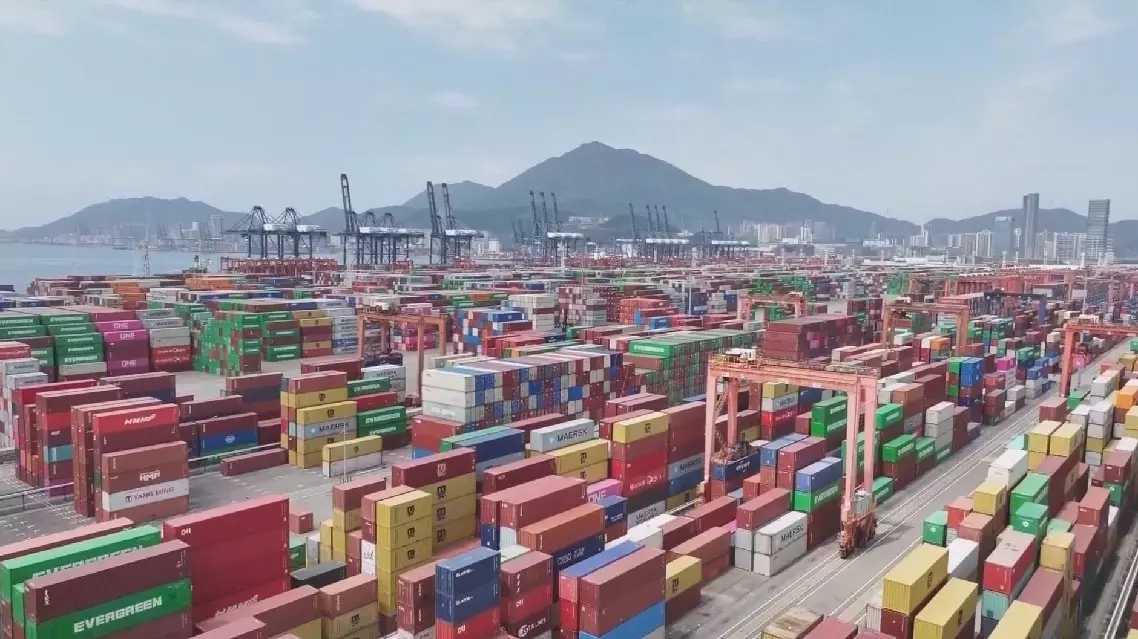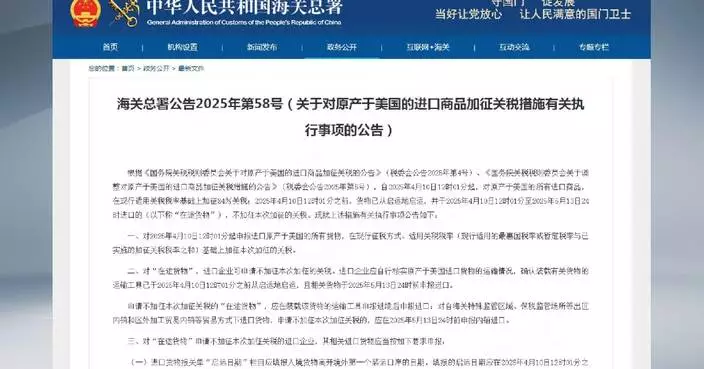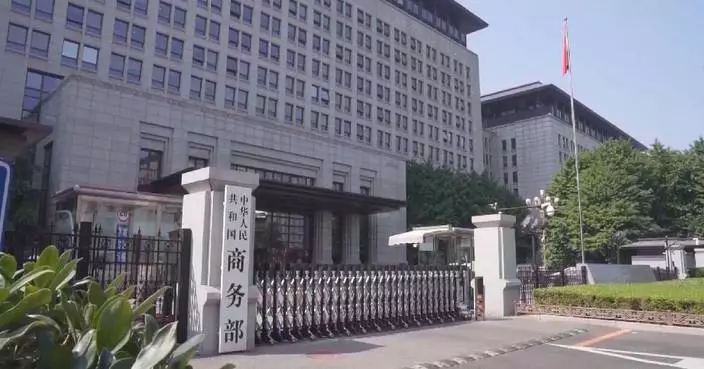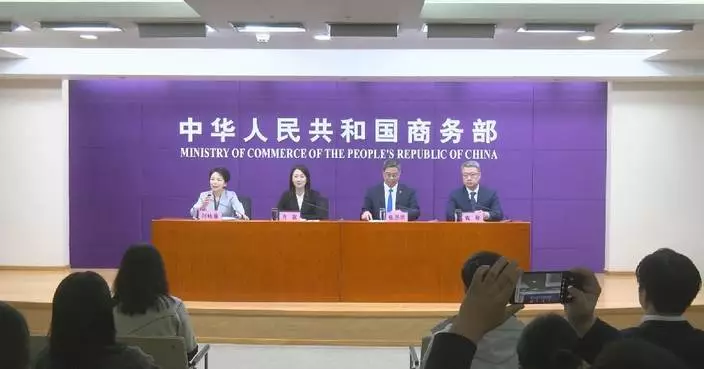Tony Zhu, a Chinese salesman who blends comedy with LED promotional signs, has amassed a global online following by transforming ordinary ads into humorous skits.
In the short clips, Zhu promotes signage products with uncanny accents and impersonations, playfully affecting the speech of the American rural south and even the working-class Londoners of old.
Users from all over the world have professed their affection for this young man in the comment sections of his videos, winning him a fandom he never expected.
"It feels very awesome. I could say, yes, I never imagined that I could be like this, even just one year ago," said the young salesman.
Growing up, Zhu's parents worked at a skate shoe factory in Guangdong Province's Dongguan and encouraged him to study hard. In school, his favorite subject was English, which eventually led him take a job in marketing at the signage company in Guangzhou.
Initially, he made conventional product videos like many others. After a year of seeing the videos gain little traction, he decided to draw inspiration from the Western comedians he admired.
Some of these videos garnered millions of views, bringing in new customers.
"It's not as people thought it could be, like five times or 10 times of growth. No. We made a growth from 5 to 10 percent in total. And to me, that's actually pretty good," he said.
Each day, Zhu and his team create about two videos for social media. To maintain the momentum, a lot of brainstorming is required.
While Zhu views himself as just a salesman doing his job, his fans seem to project onto him something far greater. Some internet comments have even said that Zhu could fix U.S.-China trade relations.
His own aspirations may not reach those heights, but the young salesman does hope to foster more exchanges between businesses on both sides.
"I went to America and I found a lot of ideas that we could learn from. And we also have a lot of American sign company customers coming to China, and they look at what we do and they also find something they can learn. I find it a very amazing thing. Rather than treating each other like an enemy, I think it'd be much better if we chose to learn from each other during competition, during cooperation. It would eventually benefit both sides, I think," he said.

Chinese signage salesman wins global fandom through humor




















































